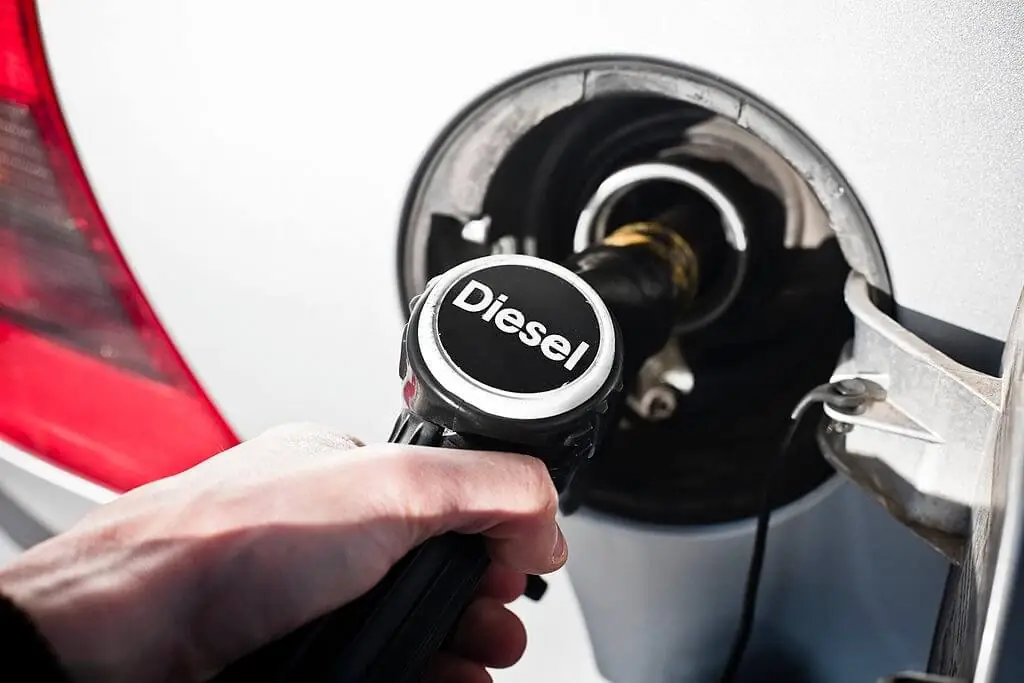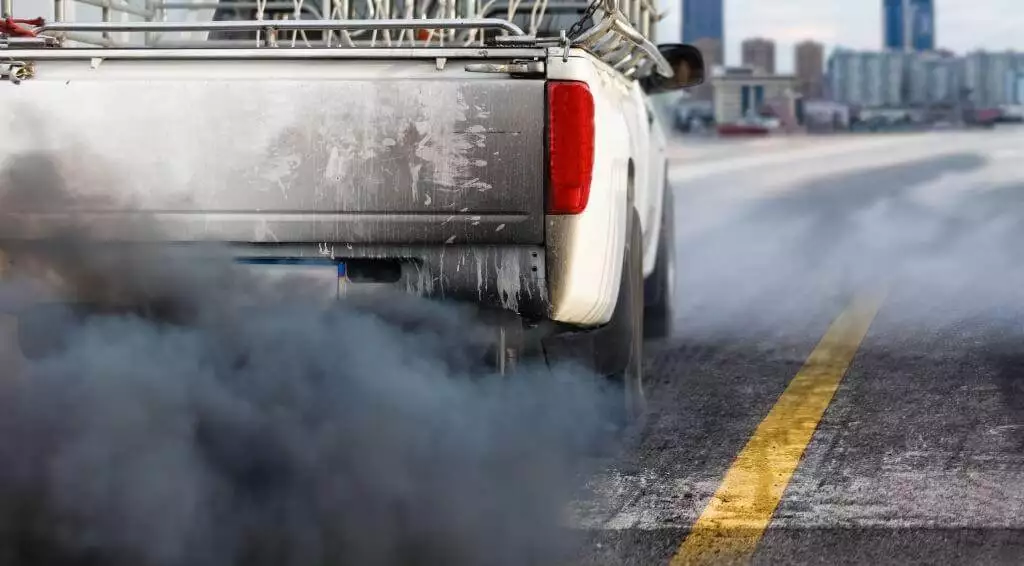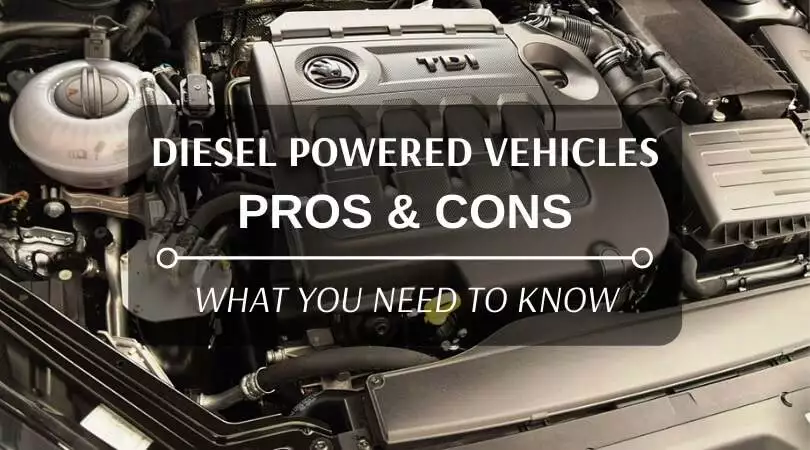Diesel is the fuel of choice for most of the world’s transportation and logistics. The diesel engine is also known for its increased popularity in automobiles. It has proved to be extremely efficient and cost-effective. What are the benefits and downsides of these engines?
More...
Advantages
Fuel Economy
Diesel engines are perceived to be much more efficient than gasoline/petrol engines of the same power, resulting in lower fuel consumption than gasoline engines. They typically provide 35 to 40 percent better fuel economy than gasoline engines. The diesel can also achieve fuel economy as much or more than the conventional gasoline-electric hybrid, due to rapid developments of automotive technology.
However, most of this "improvement in fuel economy" is because the diesel fuel itself has more energy per gallon than gasoline, not because of significantly greater efficiencies of the diesel cycle. The diesel cycle and the higher compression ratio is indeed helpful in raising efficiency.
But diesel fuel contains approximately 30% more energy per unit volume than gasoline and is one of the most effective and dense fuels available today. Because of its energy density, there is more usable energy than gasoline, which results in enhanced fuel economy and this is the crucial factor in creating the impression of significantly greater efficiency of diesel engines.
Blend of high performance along with improved fuel mileage that diesel engine offer is certainly hard to beat.

Engine Reliability And Durability
This comes at a cost, however, because diesel vehicles are a little more expensive to purchase than gasoline vehicles generally.
Towing Capability
The reason behind many trucks and heavy-duty vehicles having diesel engines is the high amount of low-end torque they can produce. High torque dictates more pulling power that can get things moving. Diesel engines are extremely good at pulling heavy loads because of their high torque. In an analogy between diesel and gasoline, the four-cylinder diesel engine can produce as much torque as that of the six-cylinder gasoline engine. High torque is critically important for vehicles such as van, truck, bus, station wagon, and pick up or off-roader. High Torque is the thing loved by most and provides brisk acceleration from standstill.

Highway Driving
One of the areas that the diesel engine has a significant advantage over others is highway driving. People spending a lot of time driving along highways consider diesel cars like no other. Gasoline Hybrid powertrains might be more beneficial in city driving, but when it comes to highway driving, no other powertrain can match the diesel. Diesel engine stands to make a notable difference in fuel costs.
Alternative Fueling Option
Unlike gasoline engines, the diesel engine can run on renewable fuels such as biodiesel with no major modifications. The development of biofuels alternatives to fossil fuels has uncovered the ability to produce a net sum of zero CO2 emissions. As carbon dioxide is re-absorbed into plants and then used to produce fuel again. Interestingly, it is even possible to make your own biodiesel safely. A percentage of biodiesel can be blended with regular diesel to get your diesel vehicle running.

Vehicle Maintenance
In some ways, diesel-fueled engines demand less maintenance. This is due to the fact that these vehicles have no spark plugs or distributors. Thus, there will be no need to have ignition tune-ups done. However, keeping your engine well-maintained with regular and frequent oil change, along with air filter, oil filter, and fuel filter replacements is absolutely essential.
Disadvantages
Engine Power
Although diesel fuel is deemed more efficient because it converts heat into energy instead of sending the heat out of exhaust pipe as gasoline vehicles do, it doesn’t result in high-speed performance. This is due to the fact that diesel engines don’t rev up very high because of their longer stroke thereby producing less horsepower. So if you’re the kind of person who enjoys speed, diesel engines won’t do well to you.
Operating noise
Noise and Vibration are the words closely associated with diesel engines and could not be separated from them until the latest times. Their bad reputation for being noisy has been mitigated to some extent with recent developments in automotive technologies. However, despite these improvements, diesel engines are not as smooth or quiet as their gasoline counterparts. They still have a bit of that characteristic engine clatter.

Emissions
Despite the recent advancements, diesel engines still lag behind in terms of emissions and pollute the air more than gasoline engines do. Fortunately, today’s diesel vehicles run much cleaner than they did a couple of years ago. And they are able to meet emissions requirements set by certain standards. The main concern is on emissions cleanliness by improving high tech emission-reducing solutions i-e catalytic converter and reduction. It is expected that future technical developments will alleviate this pollution issue considerably.

Initial Expense
The design and nature of the diesel engine make it a bit more expensive than gasoline. Generally, diesel engines have higher compression ratios and they are built stronger which makes them cost slightly more than respective gasoline ones.
Diesel technology is constantly improving. Through these improvements, diesel engines will continue to become smart delivering better gas mileage while reducing emissions. Imposed standards have resulted not only in diesel fuels with low sulfur content but also in advanced catalytic converters and other filtering devices to reduce toxic emissions.
